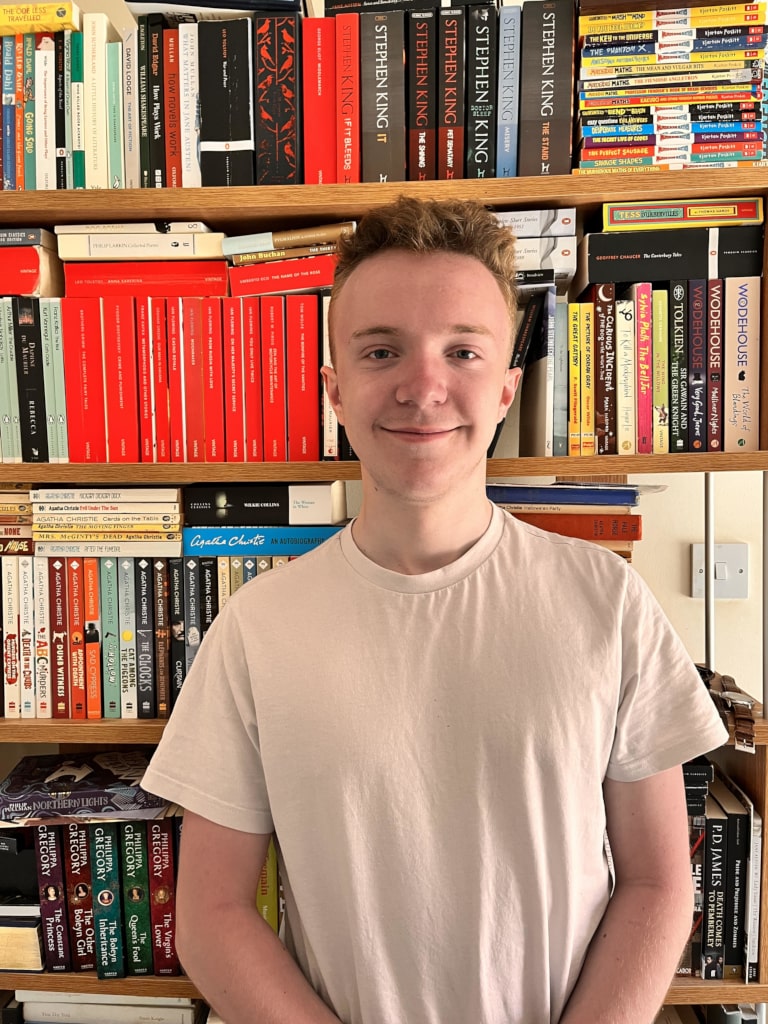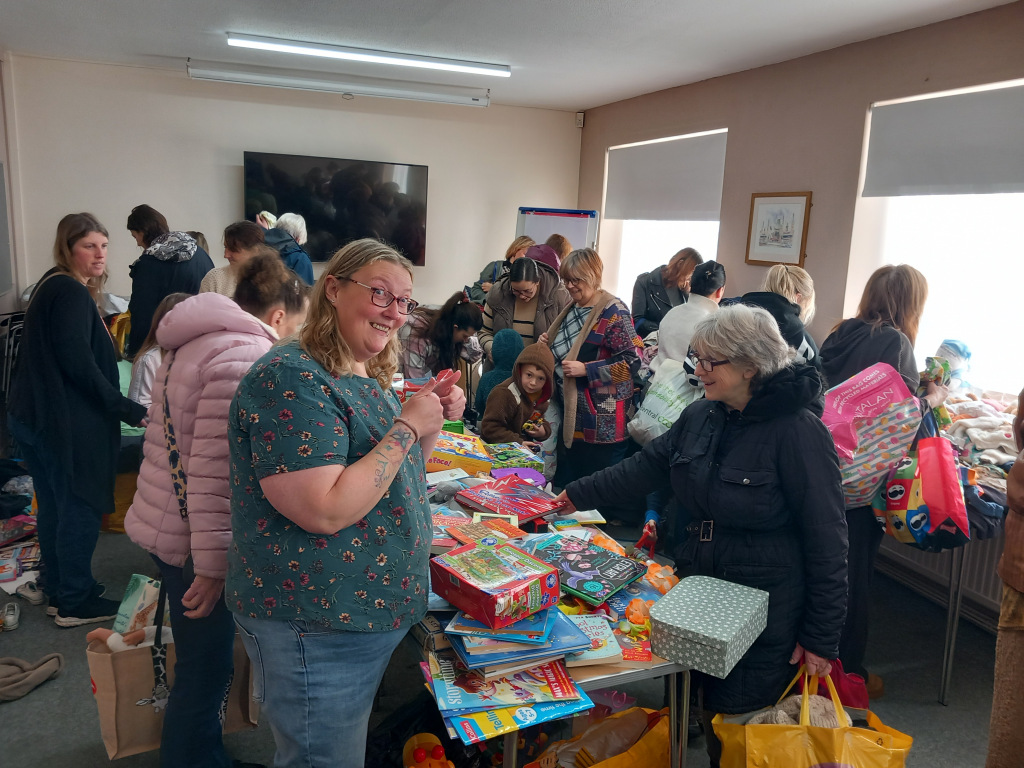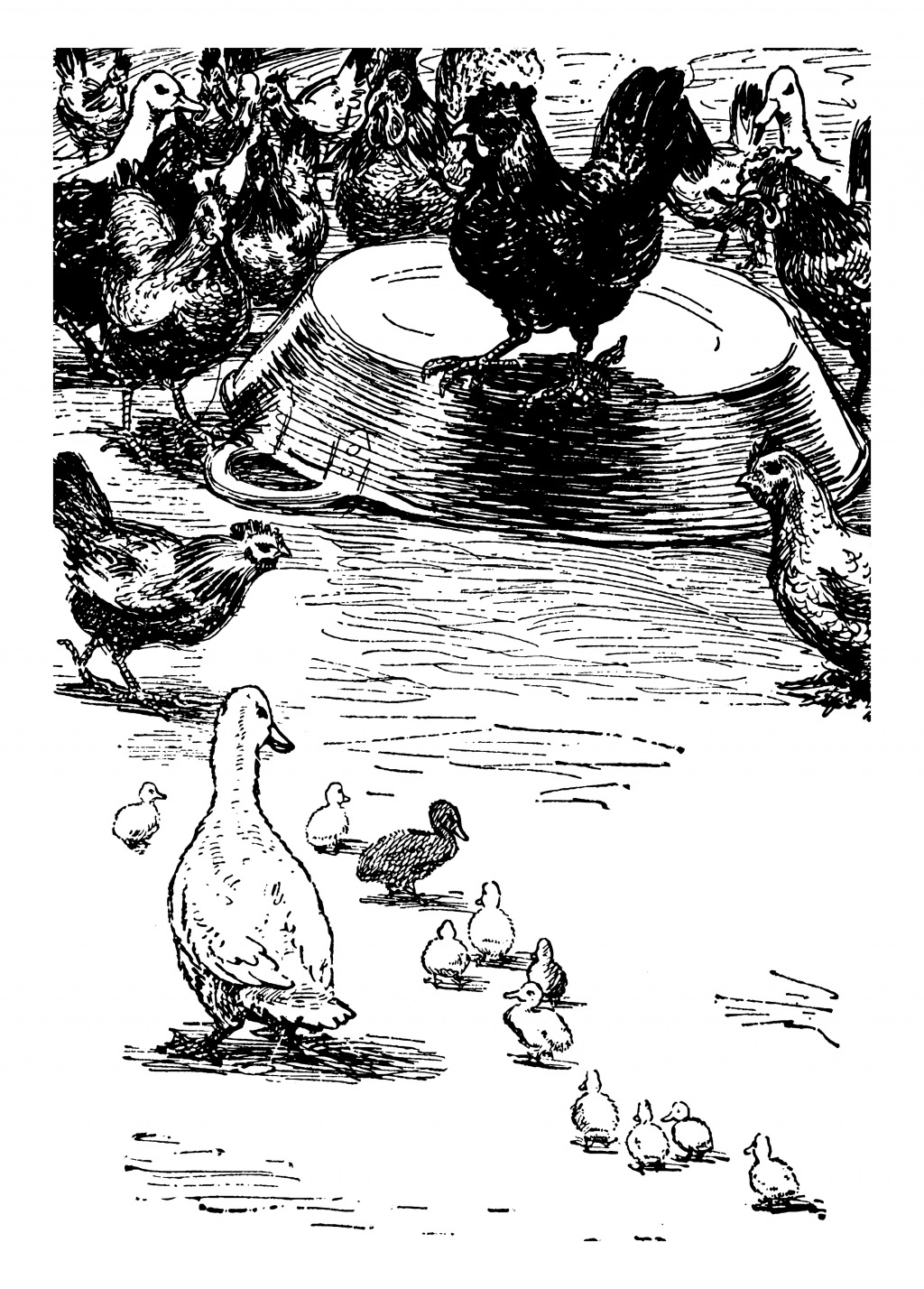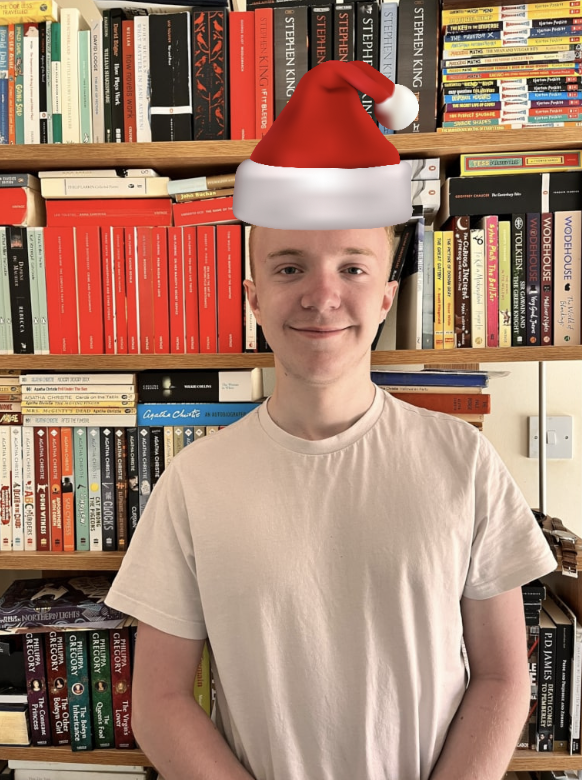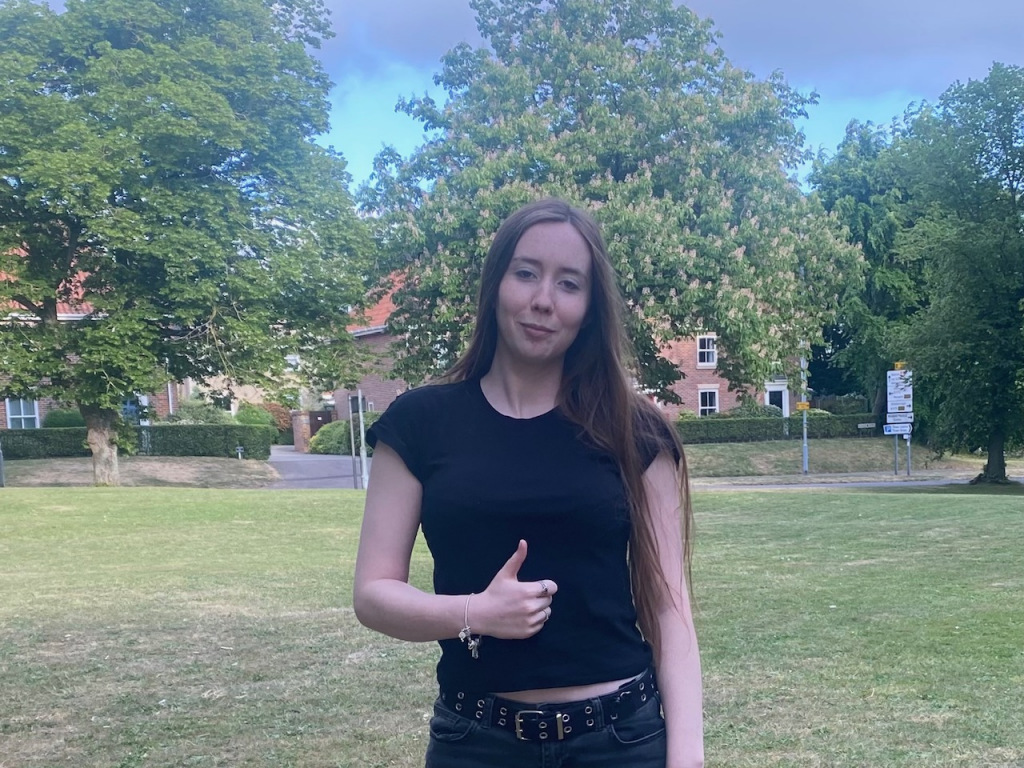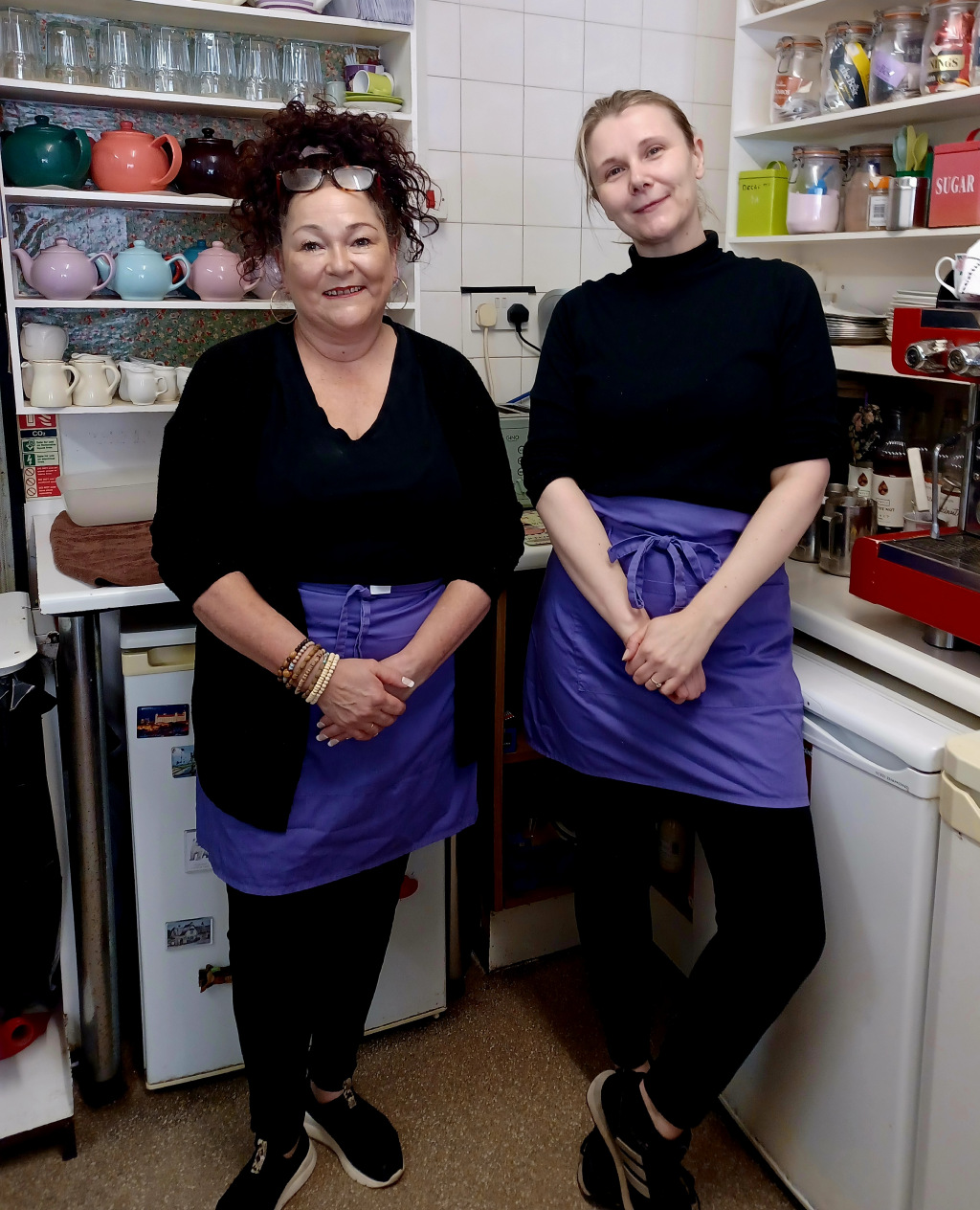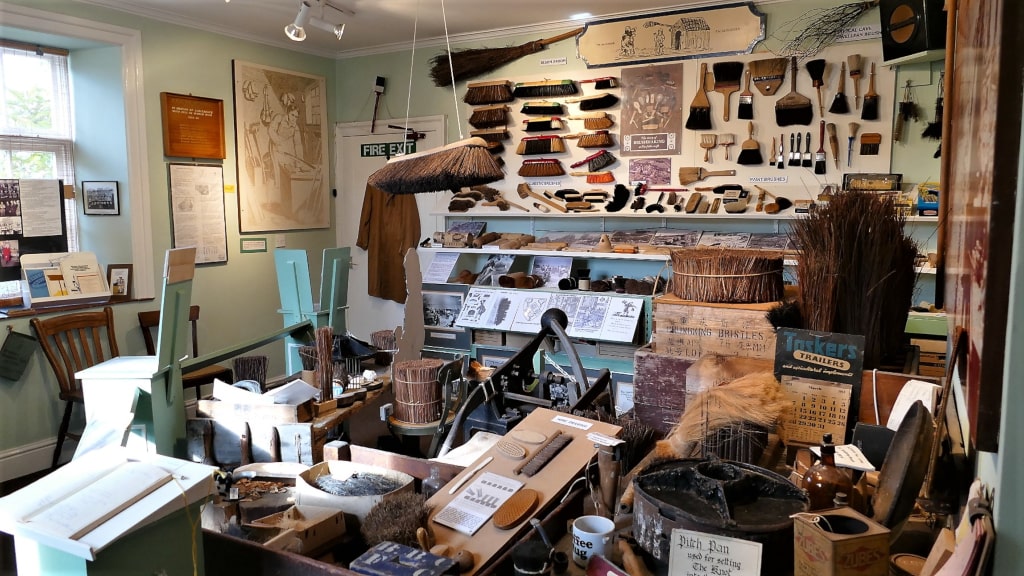I was listening to a political podcast recently, and one of the guests was a political thinker and writer who I hugely admire. He is one of my media heroes. One of his books addresses a particular social issue and does it brilliantly; this book is a seminal text for people of my leanings! And yet, in this most recent podcast episode, the author changed his tune. He announced, “Something really has passed. I’m beginning to think I wouldn’t write that book now.”
I’m ashamed to say that at first, my heart sank. “What are you talking about?” I protested inwardly. “Do you think this is no longer a problem? Are you backing down and taking back what you initially wrote?”
That heart-sinking feeling shocked me, and I have since trained myself to avoid it. What I should have seen is that this podcast announcement was good news! No, the author was not taking back what he wrote in his brilliant book – the book remains an important reflection of the time when it was relevant, and some elements of our time now – but he was acknowledging that things are capable of changing. What’s more, that heart-sinking feeling revealed a telling human instinct. My theory is that it is a natural instinct to become obsessed with the social factors that hold us back. In fighting against them, we become mild fanatics, and when they begin to pass, we almost feel sad. We feel like we have lost purpose.
That fanaticism is very human, and yet is the exact opposite attitude to the healthy one as exemplified by my favourite writer: namely, that we can overcome obstacles without letting them become the one thing that defines our identities. Otherwise, when we do overcome them, our hearts will sink.
In other words, we are not defined by the things that hold us back. The path to feeling okay is not identifying ourselves as “oppressed by X”. Rather, it is motivating ourselves to keep doing what we are doing despite X. That way, when X disappears (or, at least, abates slightly), we feel relieved, rather than feeling like we’ve lost a religion.
At the time of publication, school pupils will have returned to school for at least a month. We all know that the first weeks and months of term are riddled with challenges. All those pupils are heroes! The thesis of almost all my Lowe Down articles is that it’s tough for school students, particularly with the social pressures they have to balance as well, and that they are commendable for continuing to chip away. Wymondham is an undoubtedly privileged area, but that doesn’t inoculate people from stress and social pressures.
The challenge of secondary school is linked to the above observations. You have to always back yourself. Every day you’re there, you’re made to stand firm and keep on with the important stuff – ie. your education – despite social pressures. Were you to let social pressures become your whole life and define your sense of self (which we all succumb to sometimes!), mental well-being will inevitably suffer.
I remember an infamous Year 12 classroom debate in English Literature where pretty much the whole class rounded on me after I expressed an unpopular view on an article the teacher had shared. My classmates expressed in no uncertain terms what they thought (hint: it wasn’t in my favour). Certainly, for a few days, I would walk into school thinking, “How on Earth am I going to overcome this classroom free speech crisis?”, until I realised that this didn’t matter. It didn’t matter if a few shrill classmates didn’t like what I had to say. There was nothing stopping me from writing what I wanted in essays. And indeed, the shrill cries of “tread carefully!” didn’t make a shred of difference to my final A-Level grade.
I write that as someone who had a relatively harmonious time at secondary school. Some people have far worse experiences than I do. Despite how easy it is to view oneself solely through a victimised lens, schools are full of people who keep going regardless of the challenges they face behind the scenes, and they are unsung heroes for doing so.




